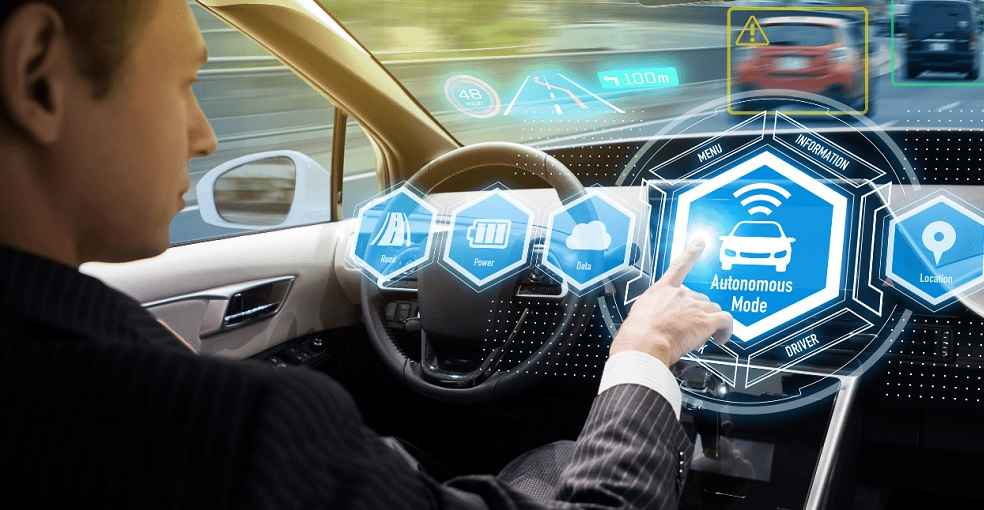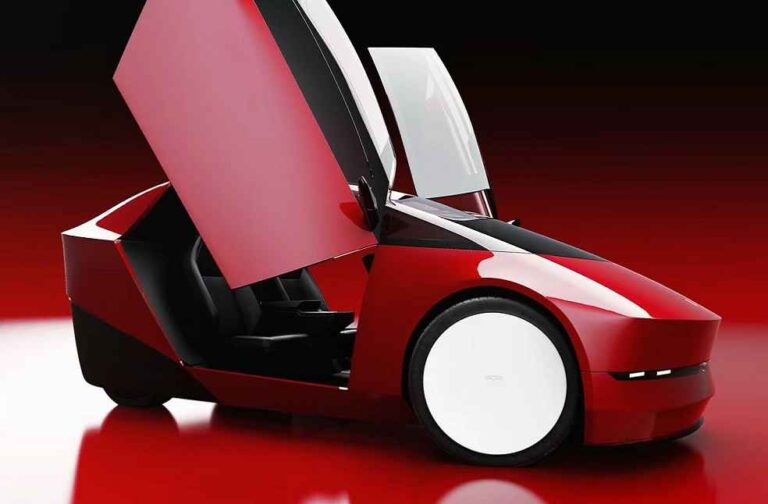At the China International Import Expo (CIIE), Japanese automakers Nissan and Toyota showcased their driverless taxi models, underscoring the growing competition in the autonomous mobility sector.
Nissan, attending the event for the sixth time, highlighted its electric, driverless Nissan Ariya taxi. In partnership with the Chinese company WeRide, Nissan launched the ‘e23 Go!’ project in 2022, initially testing the Nissan Leaf in Suzhou before upgrading to the Ariya. The project aims to refine route-planning systems that optimize real-time road conditions and improve operational efficiency, with plans for expansion across China.

Toyota, in collaboration with Pony ai, displayed its bZ4X robotaxi concept. The two companies, along with GAC Toyota, established a joint venture, investing over 1 billion yuan ($139.6 million) to mass-produce self-driving vehicles. The bZ4X marks the first model from this venture, with 1,000 units planned for testing in major Chinese cities by 2025-2026.
While both automakers are progressing, they face growing competition, notably from Tesla, which unveiled its Cybercab robotaxi on October 11. Tesla’s model is priced under $30,000 and lacks traditional driver controls, setting it apart from others.

Chinese companies have also made significant advances in autonomous driving, improving performance and safety. The country’s self-driving industry grew by 32.4% in 2023, reaching a value of 79.2 billion yuan. The rise of 5G and V2X technology further boosts the capabilities of autonomous vehicles, speeding up their deployment.
GENERAL | Nissan Cuts 9,000 Jobs, Lowers Sales Forecast Amid Market Challenges





